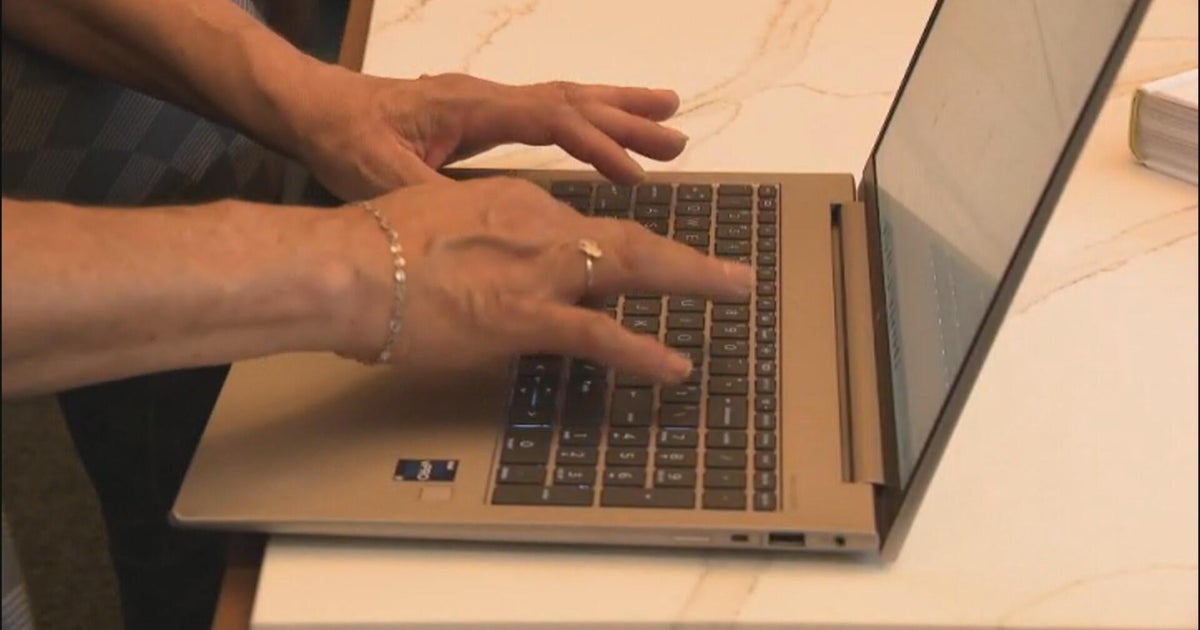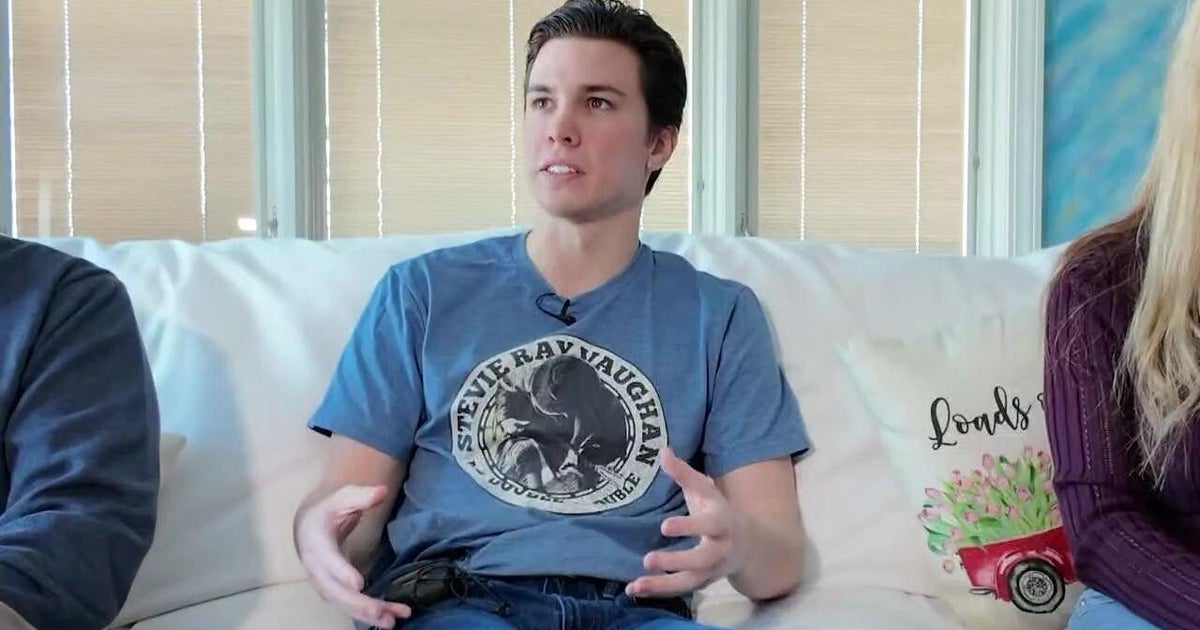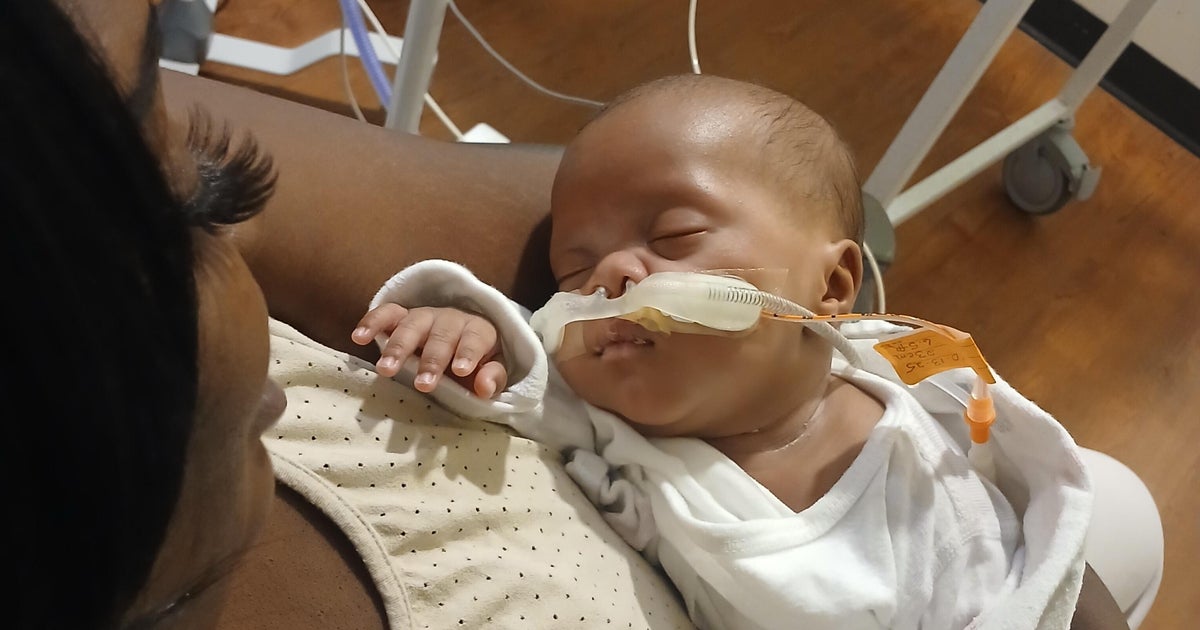Mark Rosen & His Mother Doris Confront Aging
MINNEAPOLIS (WCCO) - As our parents age, they worry about becoming frail and losing their independence. And we dread the talk – about their driving, moving to a nursing home, and preparing for worse.
Mark Rosen and his mom are going through it now.
Spend some time looking at old pictures with Mark and his mother Doris, and one thing is clear: they love talking about the past.
But this trip down memory lane is bittersweet. Mark is visiting Doris at Jones-Harrison Residence, the assisted living center she moved to six months ago.
"Something that I wasn't ever looking forward to, because I never thought it would happen to me," Doris said. "More than upset. I mean - more than upset I was."
Mark knew the day was coming, but dreaded the conversation.
"For our generation, no one gives us a playbook of how to take care of your parents," Mark said.
But with her health failing, he worried even more about her safety.
"Not knowing in her apartment that if she fell there wouldn't be anybody there to be there, and you don't really sleep well knowing that those issues are there," he said.
So they had the tough talk. And they fixed up her new room with photos of her family, and her favorite – Frank Sinatra.
"I'm comfortable. I don't want to say that its home, but I feel safe. I do do feel safe," Doris said.
It's been a journey, but it's something they can both live with.
"You try to think about it ahead to time, and [Doris] said it best...you didn't think this was going to happen to you. It happens to us," he said.
Sara Lassig teaches social work at the University of Minnesota. She says the key to this transition is communication and respect.
"Aging can be hard. It can be really hard," Lassig said. You've been independent for 50, 60, 70, 80 years, and now you're starting to need help with things. That's a huge loss."
So, adult children should avoid falling into the trap of treating this like a role reversal, and realize that seniors struggle in many different ways.
"It's not a role reversal. It might be a role change, but these people who are your parents or your older relatives in your family - they aren't children," Lassig said. "We might look at children and say well they all have different trajectories, how they're growing up, and that's how aging is."
Some fall, some have eating or sleeping problems, or memory issues. But the toughest conversation is often about driving.
"I don't even want to go there. In my mind, I'm still driving," Doris said.
That loss of independence is a common concern - and conflict.
Lassig says that the children of aging adults have to look at issues like driving and decide if it's something they are uncomfortable with in terms of their parents' safety and the safety of others.
Above all else, identify the individual issues, like Mark and his family did. Look to community resources for advice on caregiving. And emphasize open, direct communication - starting before they ever need help.
"The big one going to be having empathy. So, again, bring it back to how would you want it framed if it were you," Lassig said.
"It is something that all of us have to face. I mean, it's reality. I'm just hoping, I'm thinking, 'Gosh, I hope my kids are engaged a little bit with me when I get to that point," Mark said.
For now, Mark and his mom are making the best of their system, proving that home really is where the heart is.
We talked with an expert who said many baby boomers will not end up in nursing homes. He said new technologies like sensors and monitors will help us live at home even longer as we age.
If you have questions about resources for aging, please consider these options:
Statewide Resources For Seniors
Minnesotahelp.info
Senior LinkAge Line
1-800-333-2433
Katie Couric On Caring For Aging Parents
Resources: Caring For Aging Parents







